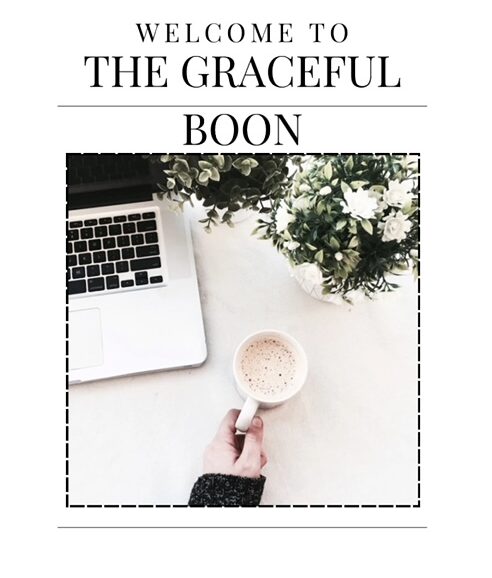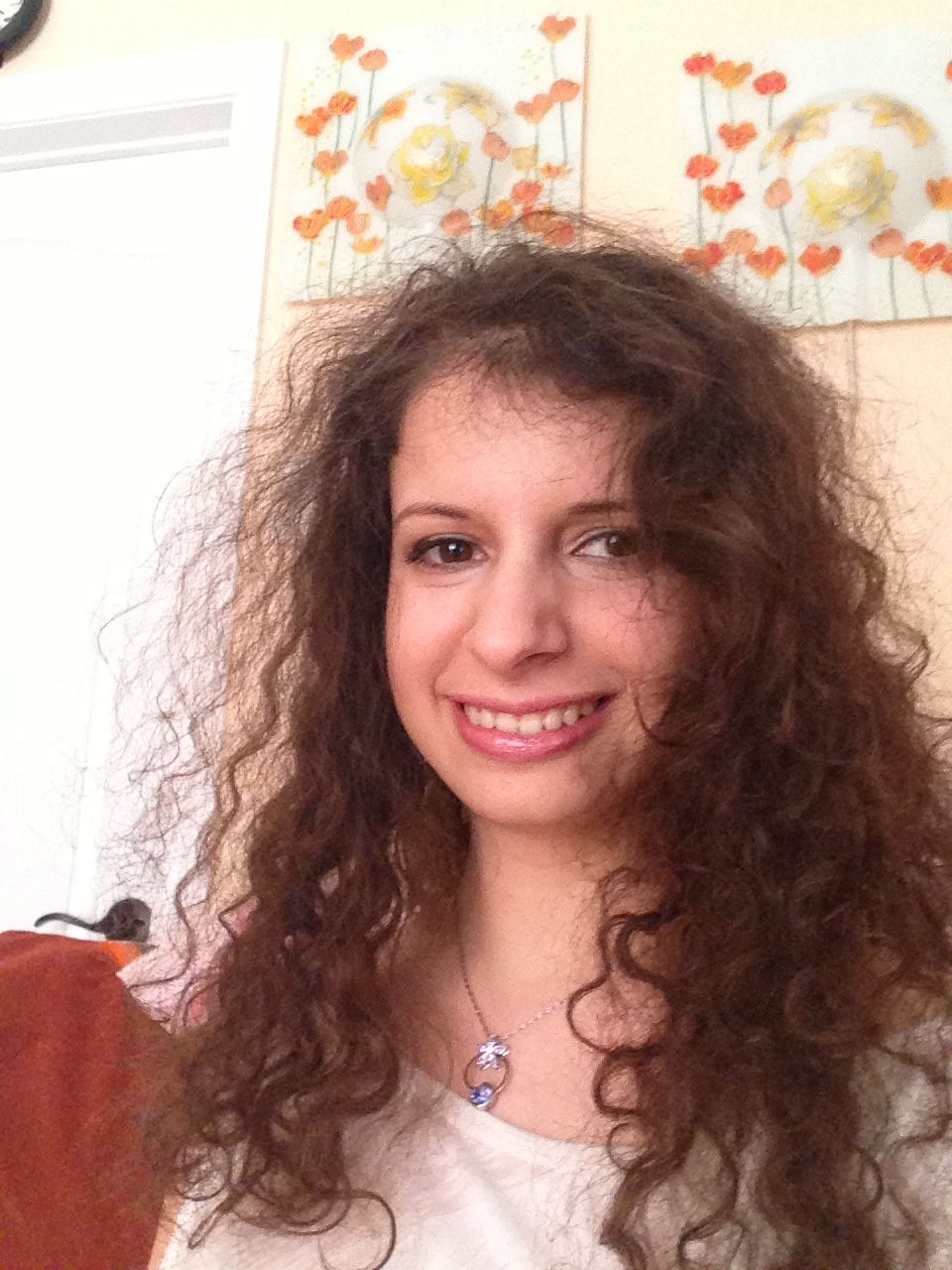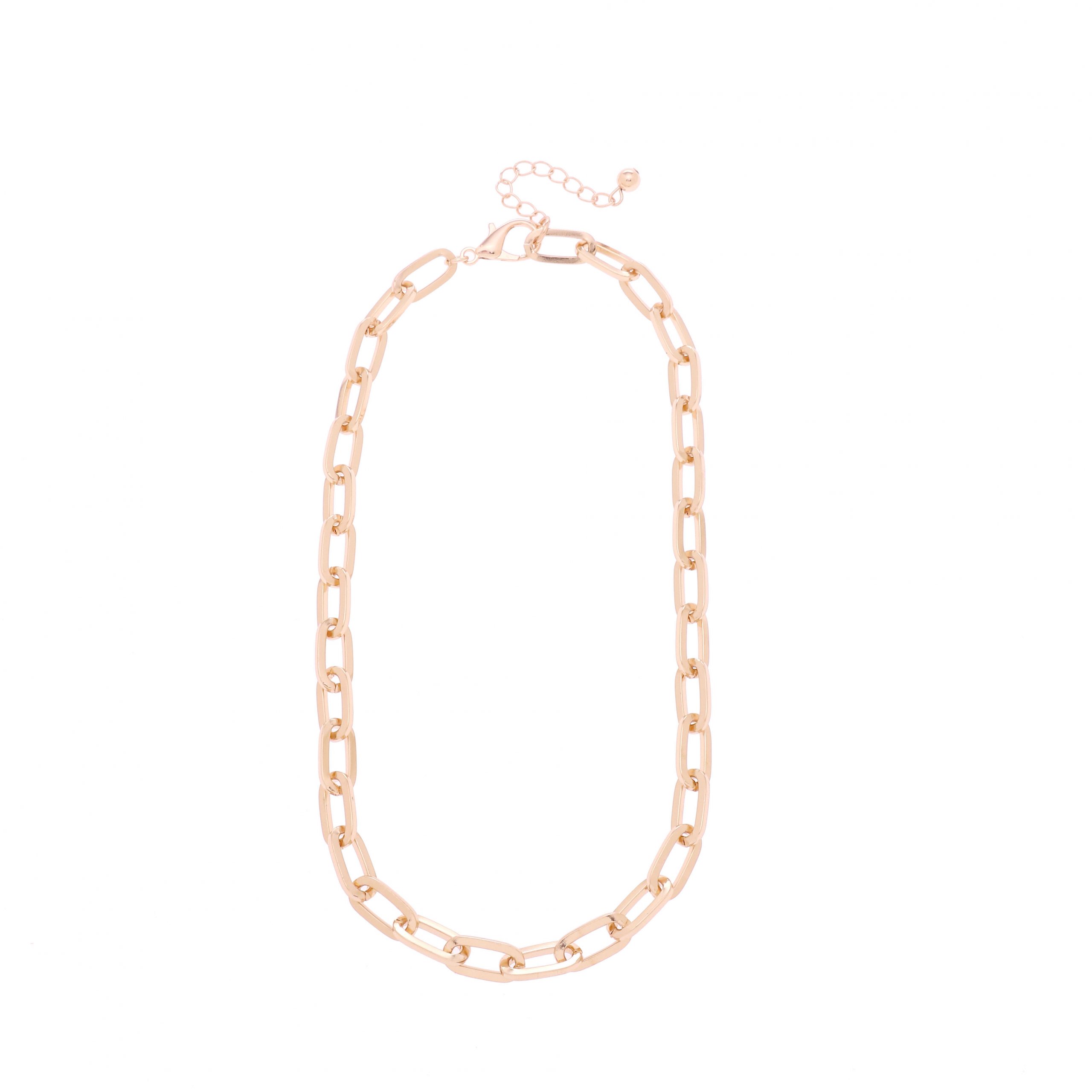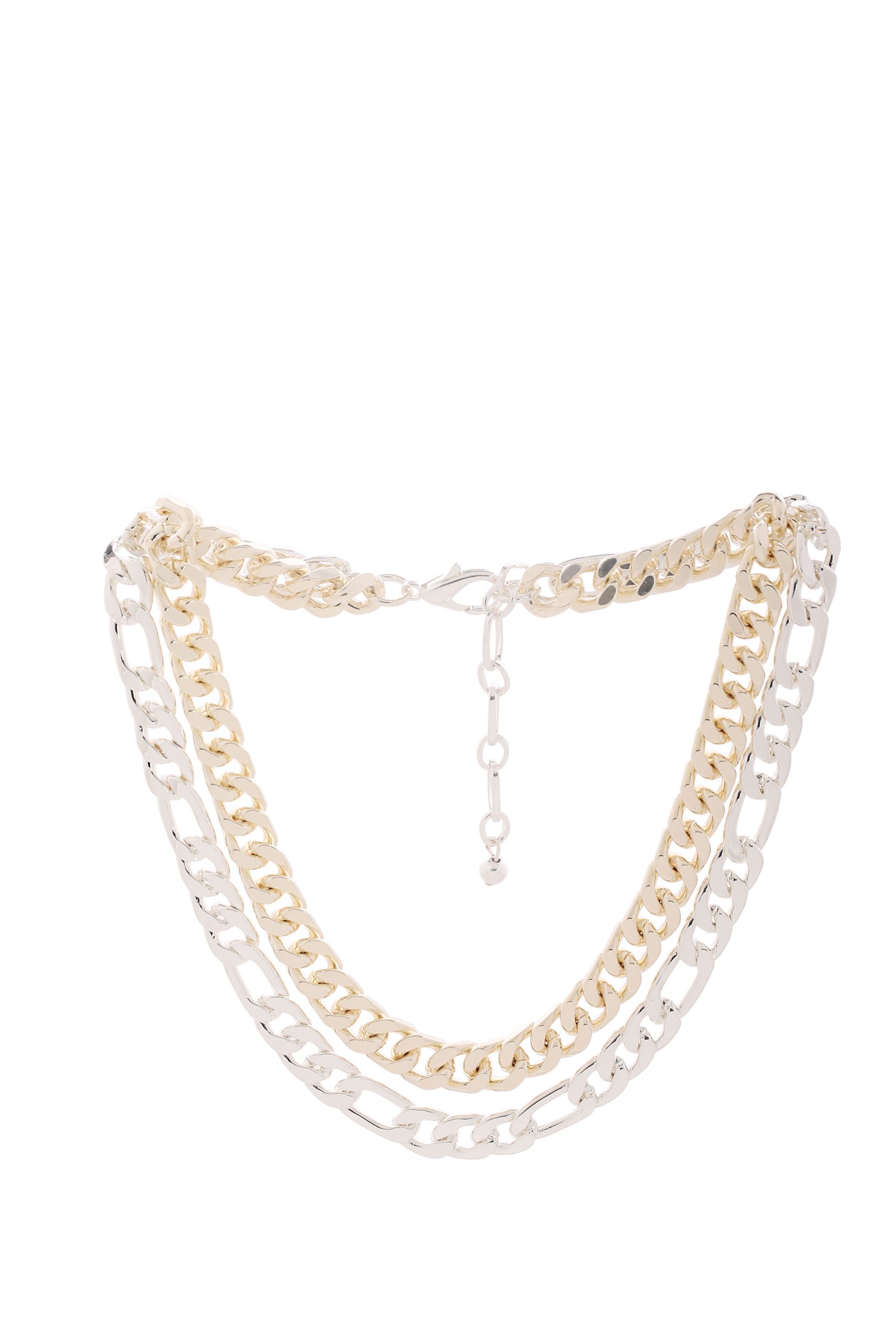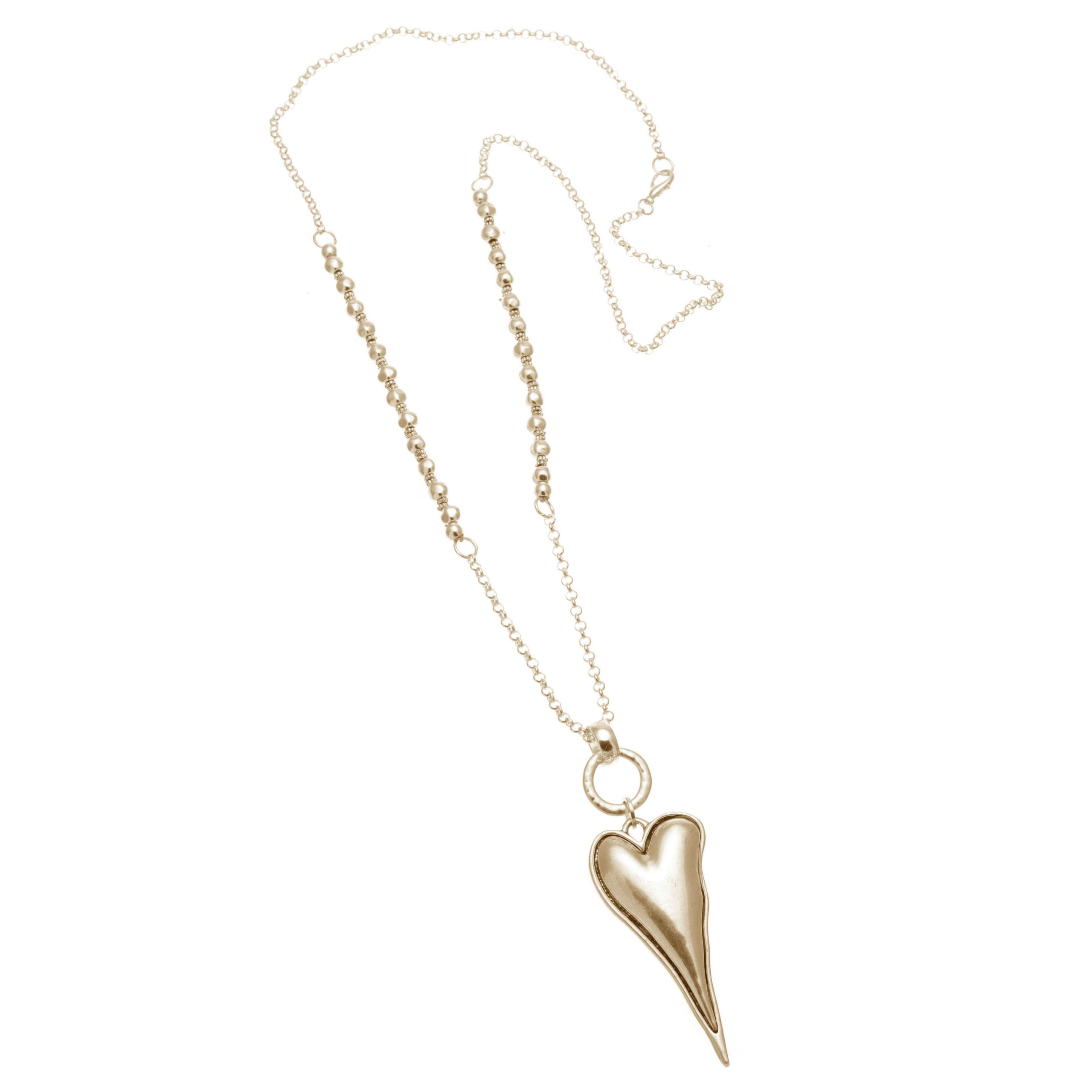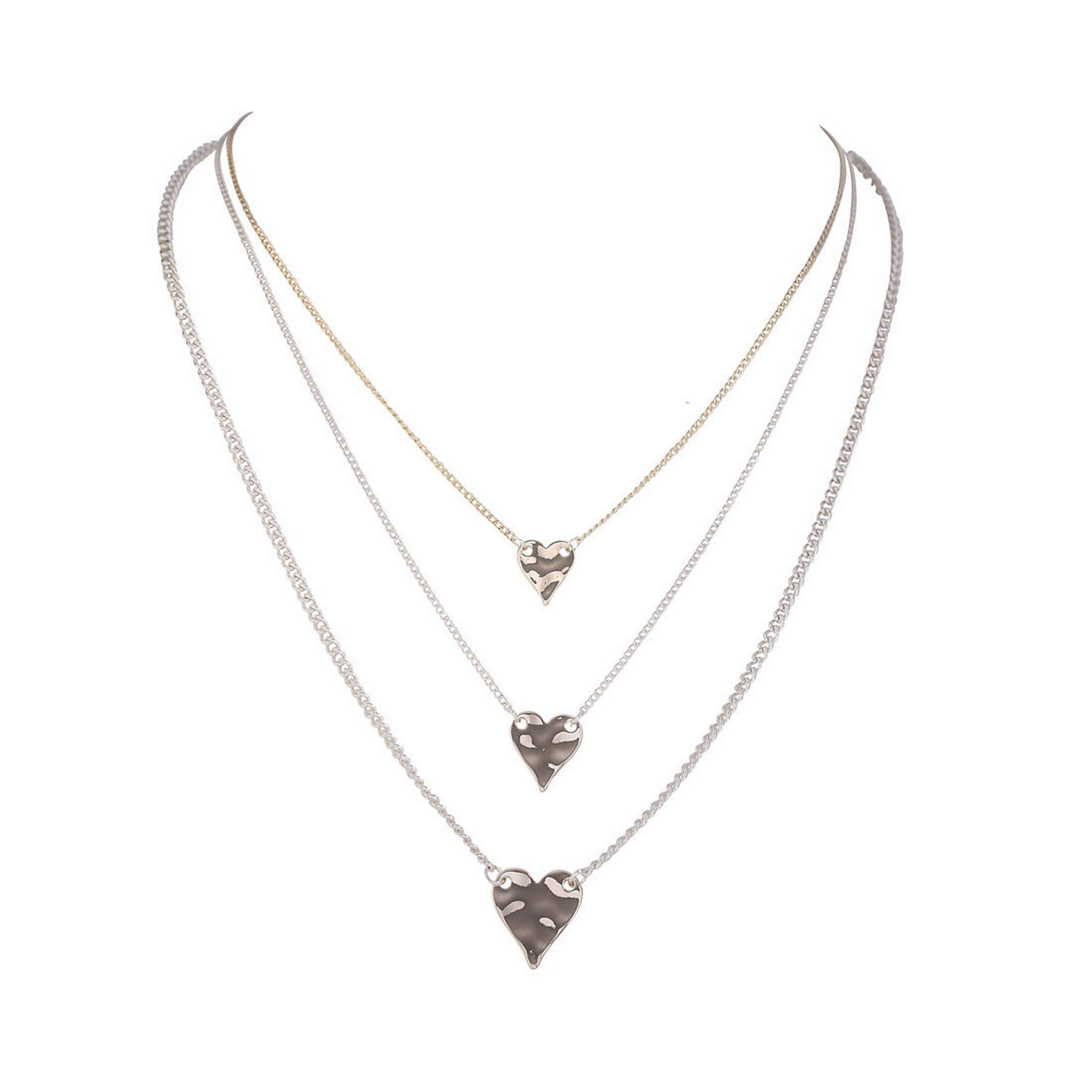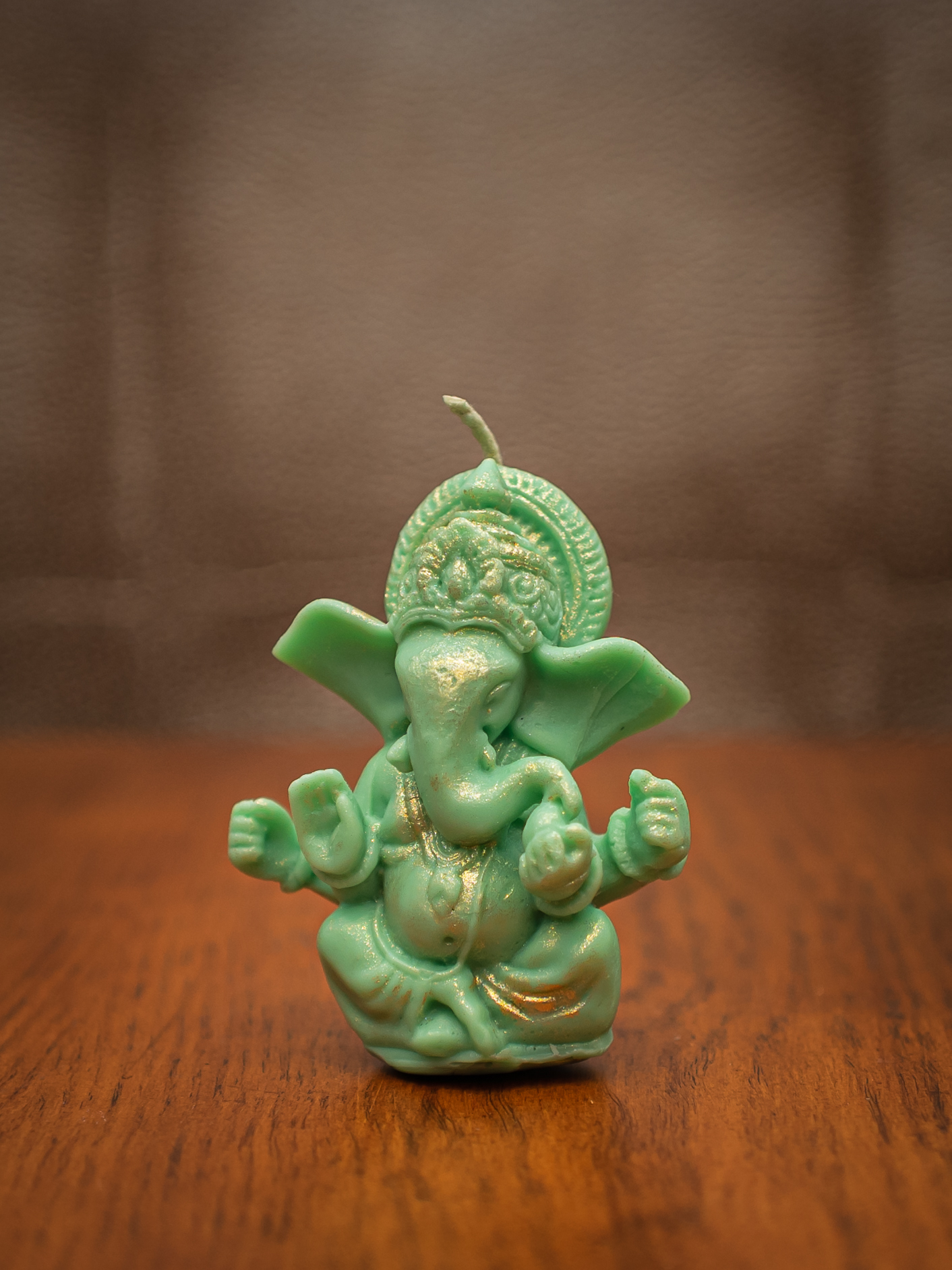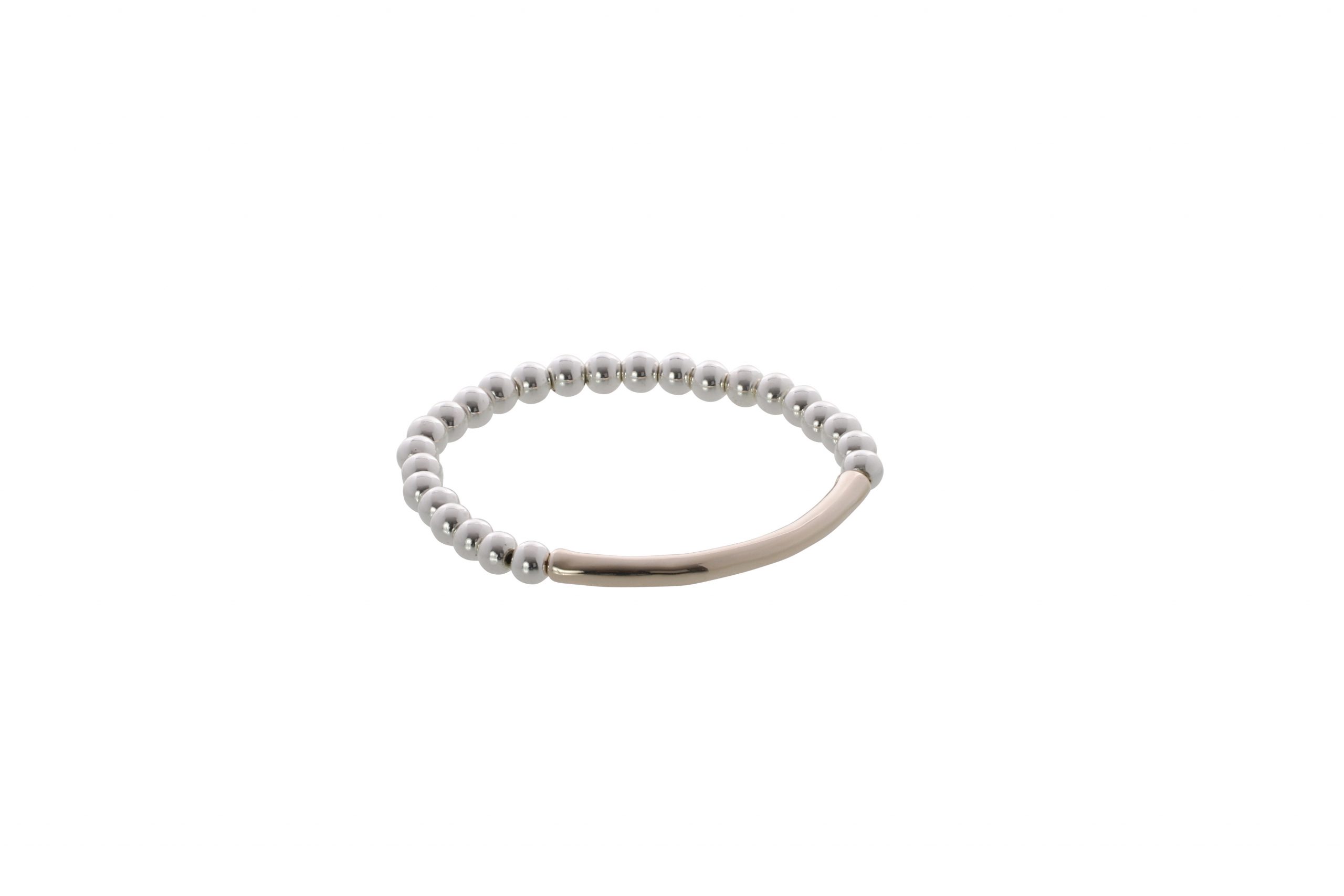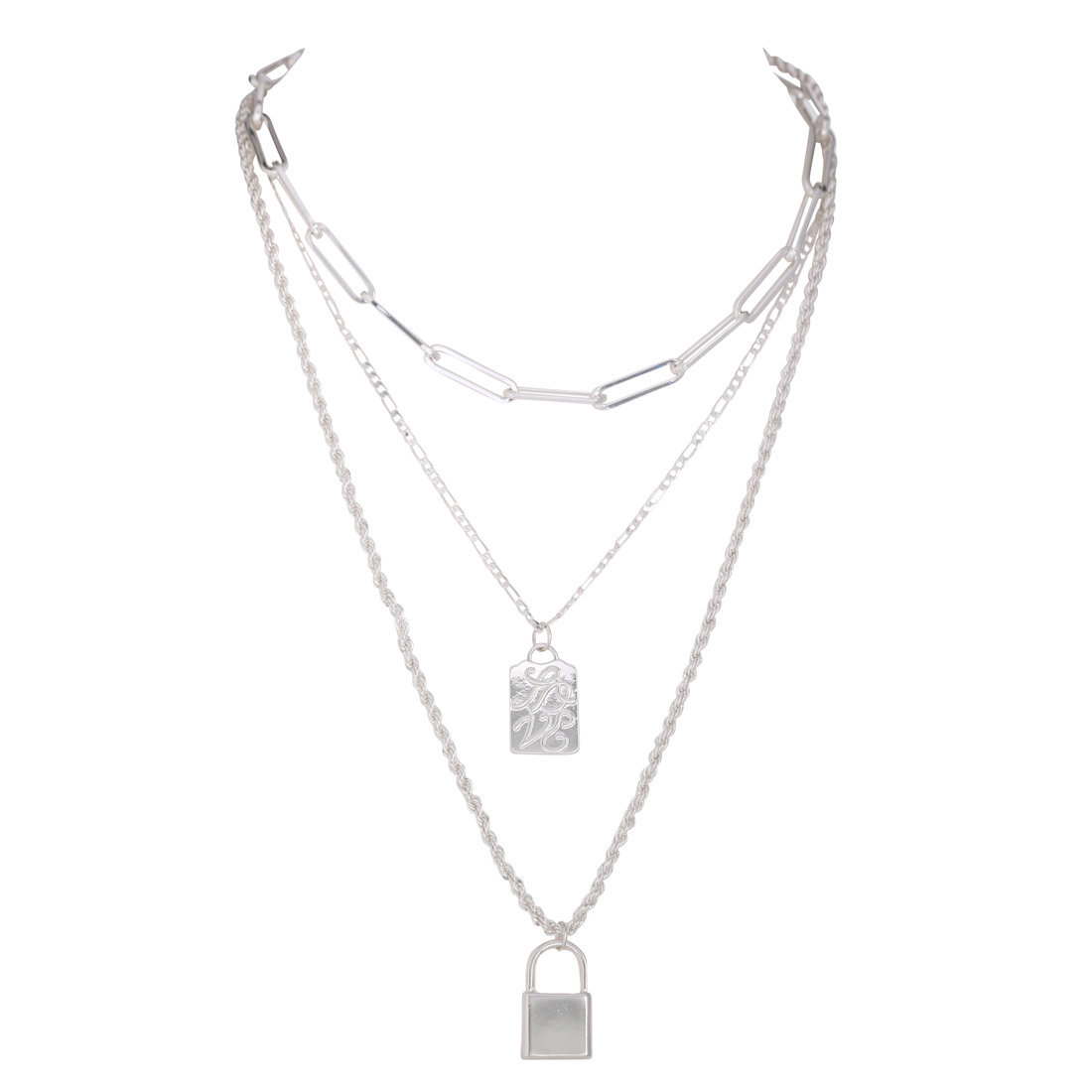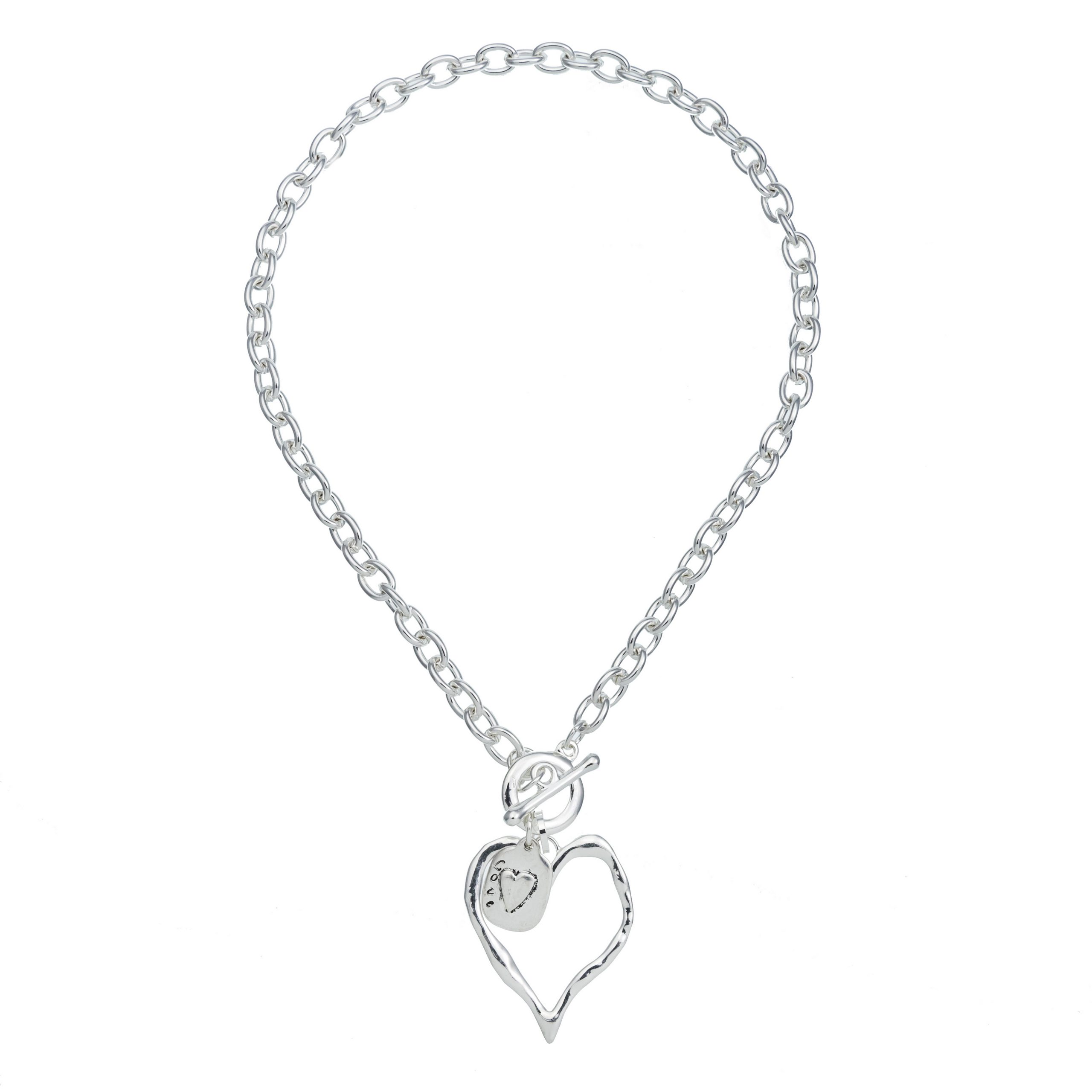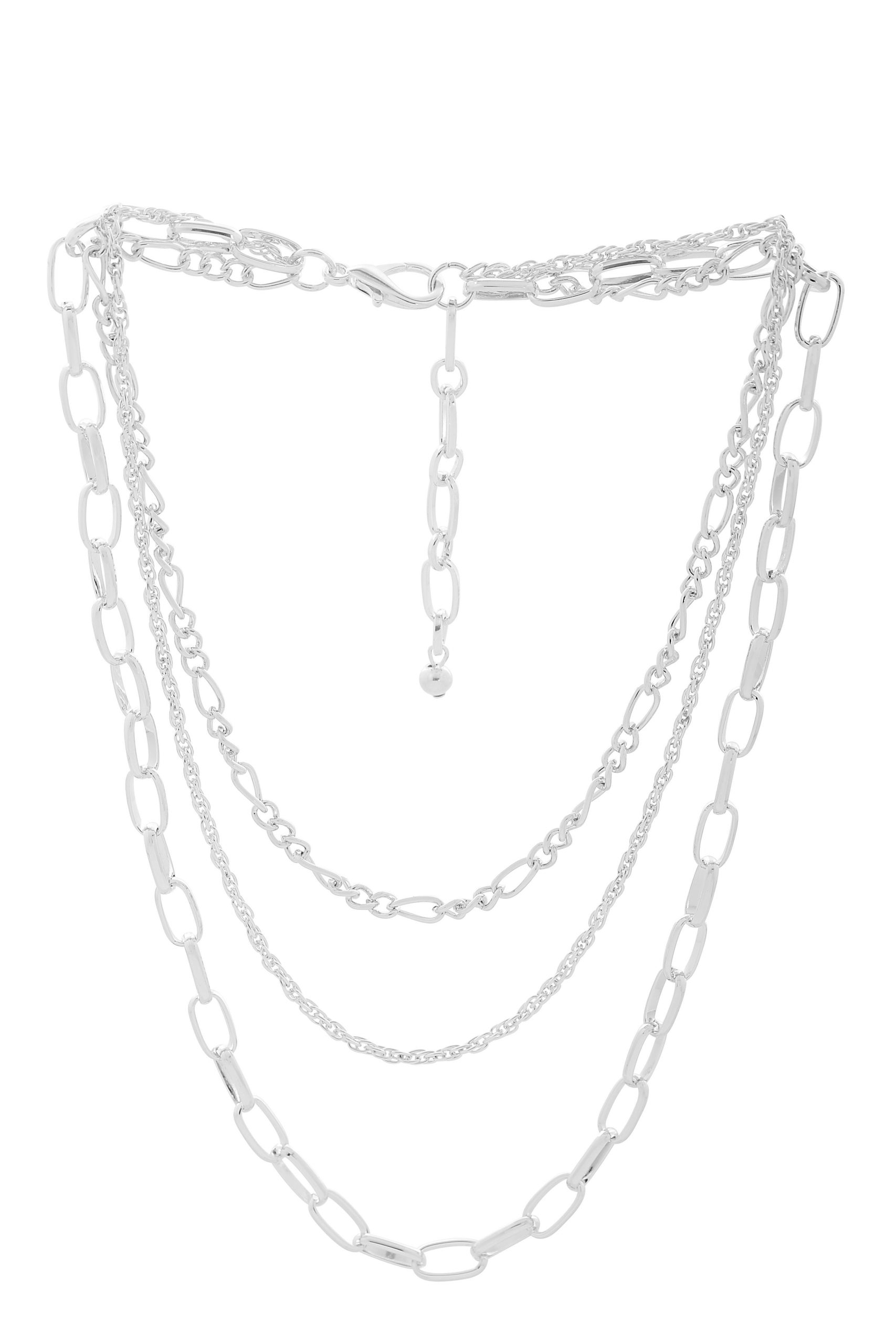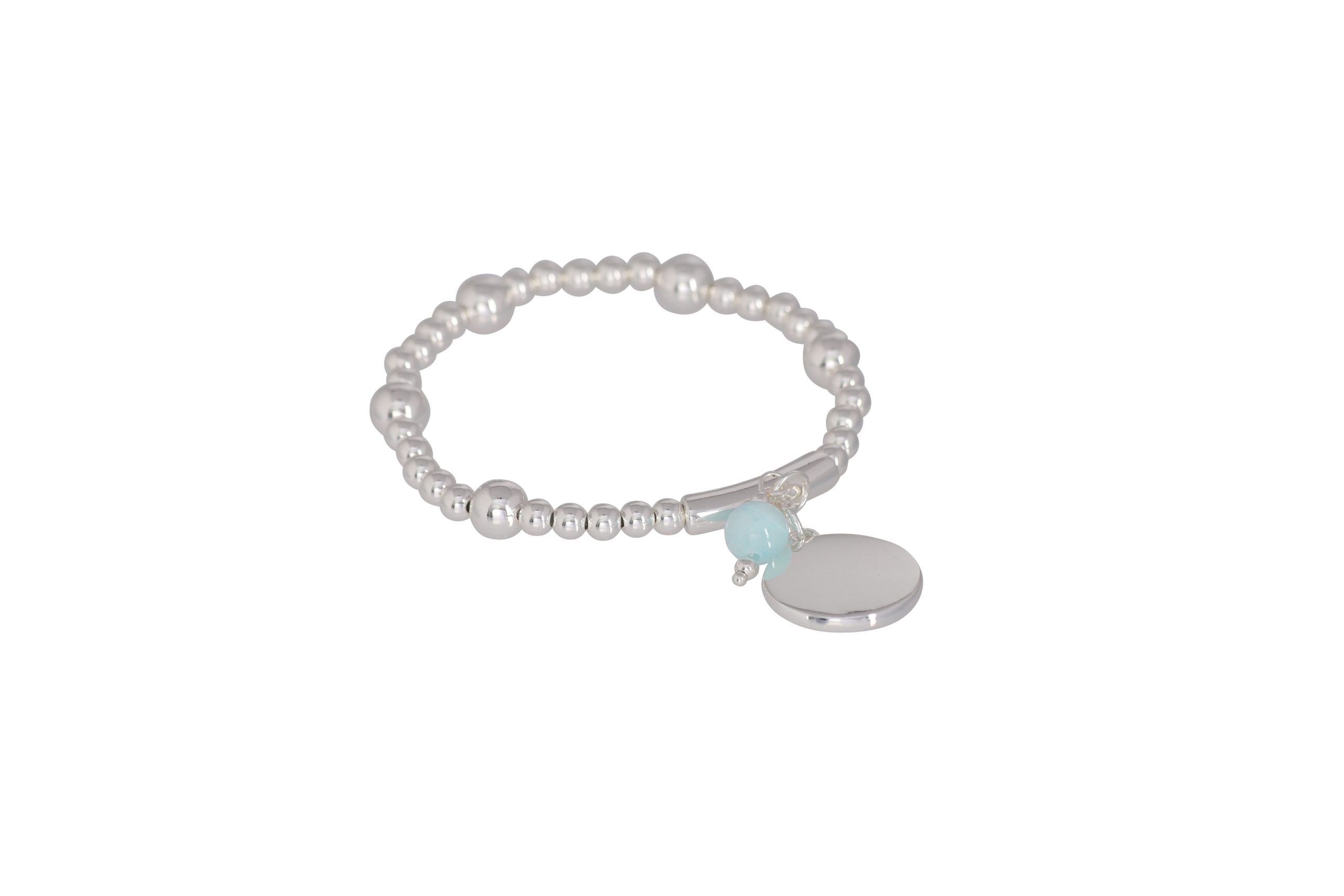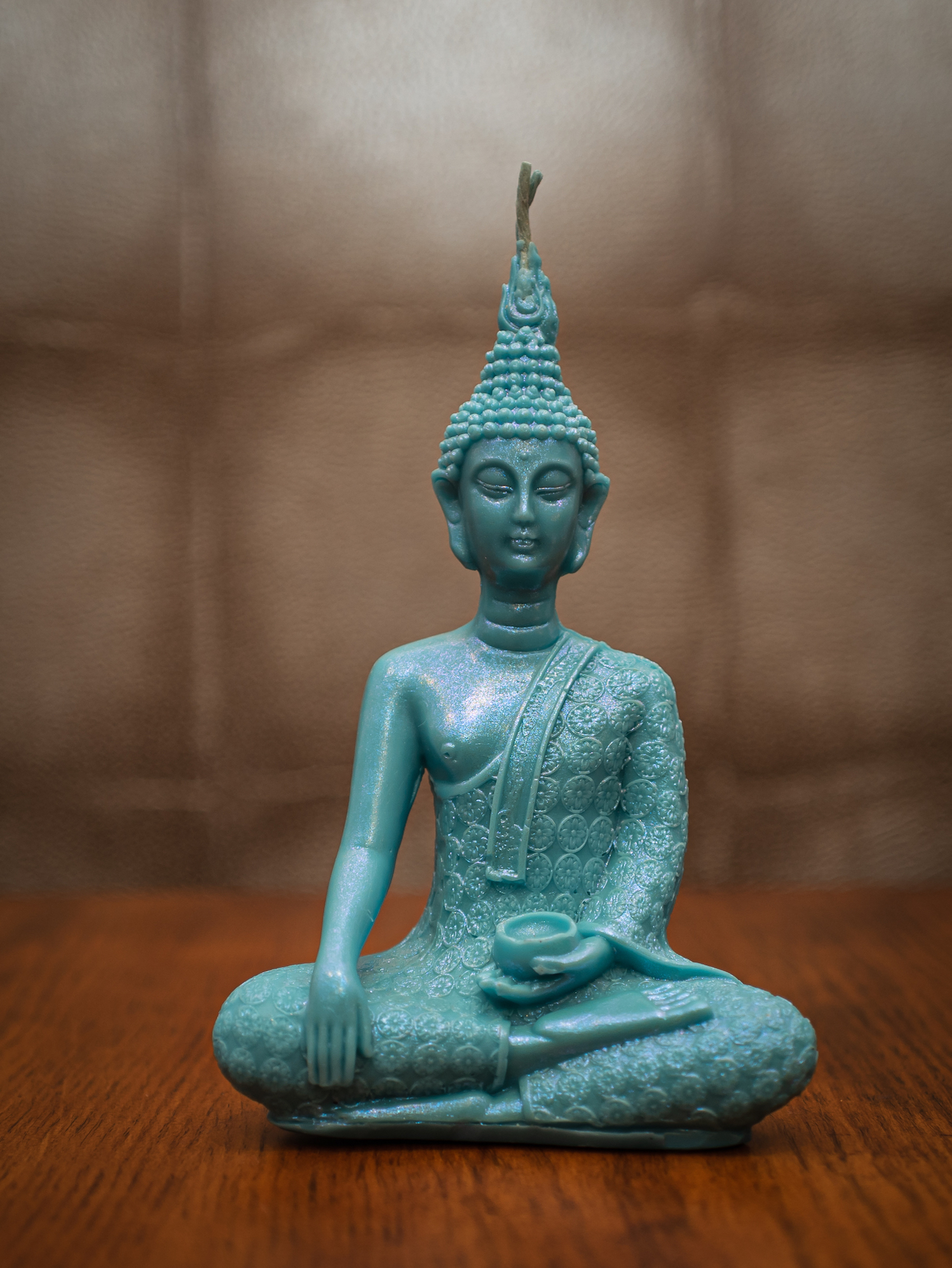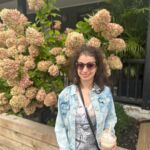When we think of feminism, we look at social issues such as gender, race, ethnicity, sexuality, and class; but what about disability? Feminism and disability have been so intertwined over the past decades, and only just recently we, as a society, started seeing disability as a feminist theory.
By linking feminism and disability, we look at things such as a woman’s health, beauty, aging, reproductive, prosthetic, and access issues. By analyzing and studying the feminist disability theory further, we can comprehend better what women with disabilities went through socially, personally, and professionally. By comprehending it, we can start appreciating women with disabilities even more. “The constituency for feminist disability studies is all of us, not only women with disabilities: disability is the most human of experiences, touching every family and-if we live long enough-touching us all.”
Based on history’s standards, women represented minimal positions. A woman’s main role was to be a housewife. As times progressed and changed, more and more women were seen in the workforce, and now there are more women than ever getting their post-secondary education and working as CEO’s.
But if women and disability are characterized together, society sees disabled women as hopeless, weak, vulnerable, and incapable of doing anything. That’s the case even today. I, personally, have experienced that. Despite all obstacles and constraints, I obtained a certificate, a diploma, and a bachelor’s degree. I’m now married, have my own business, and live independently. When I met my future father-in-law, he tried to do everything he could to get his son to breakup with me. He said such things as, “She won’t be able to finish her education”, “she won’t be able to work”, and “she won’t be able to do any housework”, as well as “she will be in a wheelchair by the time she’s 40”. He even went as far as set his son up on a date with another woman AFTER his son proposed to me.
After my husband and I got married, my father-in-law started to realize that I CAN actually work and be independent and be nothing like what he told his son she would be like, my father-in-law began telling his son that he should find himself a woman that will practically be his slave, will be at home cooking, cleaning, and doing everything he tells her to do. So, despite it being 2022, a new era for equality and change, my father-in-law had the old- school mindset of the 1950s and 1960s. I was confused as to what his actual issue with me was. Was it the fact that I’m disabled or the fact that I’m a woman who was trying to make something of herself ? My best guess is that it was both.
Maysoon Zayid is an Arabic woman living with Cerebral Palsy in New Jersey. She did a TED Talks presentation years ago where talked about growing up and living as an Arabic woman who has Cerebral Palsy. One thing she said during her TED Talks presentationthat resonated with me was, “Disability is as visible as race. If a wheelchair user can’t play Beyoncé, then Beyoncé can’t play a wheelchair user. People with disabilities are the largest minority in the world underrepresented in the entertainment industry.” Despite all her the hardships she had to endure, Zayid got to do things like walk the red carpet, work on a movie with Adam Sandler, and even perform for the legendary Mohammad Ali. Zayid presented herself with class; her intention was not to make the audience and viewers feel sorry for her, but rather to educate. She did it with a sense of humour while using facts and her own personal experiences.
When a writer and/or a speaker delivers from the heart and soul, that’s when the information presented stays with you; that’s when you feel you learn the most and even want to research the topic in question further; and that’s when you can discuss the topic with others afterwards with those who have interest in it and want to learn about it.
Learning and growing is an ever-lasting experience. I now want to read more on other women’s experiences and personal struggles. Though I’d gone through it myself, I’m not a know-it-all. I want to expand my knowledge on both feminism and disability; I want to learn more on why these two issues are so intertwined, what made them connect, and how they are connected now. My goal is to have a wider awareness on the issue, so I can have a widespread conversation rather than just base my knowledge on my own experience on these issues as both separate entities, as well as a united issue.
Sign up to our newsletter if you want to see more content from The Graceful Boon! By signing up to our newsletter, you'll get an even more in-depth content from yours truly, Stacie Kiselman, who's our Graceful Boon, that you won't want to miss out on.
